If you lose a coin inside your car, recycling company EMR will find it.
However, be prepared to have the vehicle scrapped, stripped of its saleable parts and what’s left crushed into a cube – called a bale – before being shredded into pieces no larger than a tennis ball. Then watch as these balls are broken into still smaller bits and passed along a conveyor under a vacuum to have any lightweight materials sucked away, before magnets draw out heavier steels and ferrous materials. Finally, gaze in astonishment as what’s left is passed through a so-called ‘heavy media separator’ containing a fluid where non-ferrous metals (for example copper, aluminium and brass) can be separated out by flotation.
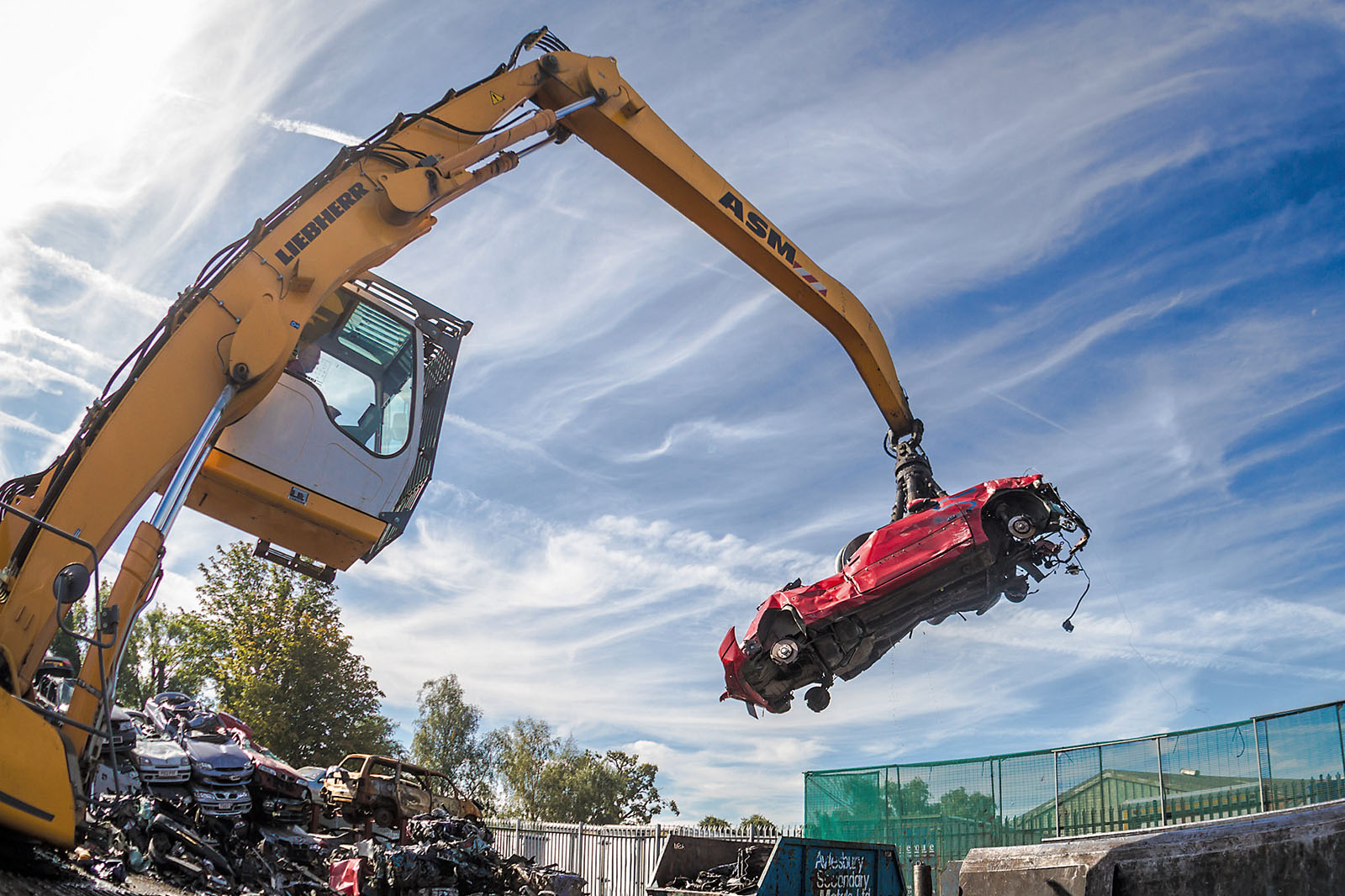
Et voilà : glinting dimly among the resulting pile of non-ferrous metals will be your two-pence piece.
EMR, a multinational recycling company, is one of the unsung heroes of the automotive world. Although most people are familiar with the 2200 licensed authorised treatment facilities (ATFs) – vehicle scrapyards and breakers to you and me – on the fringes of our towns and cities, the likes of EMR are a relative mystery.
Which is amazing, since each year EMR alone recycles more than four million tonnes of waste, much of it old cars. Ferrous and non-ferrous metals are resmelted, window glass ends up as aggregate for the construction industry, and foams and certain plastics undergo a process called gasification to generate electricity.
Earlier this year the motor industry’s mouthpiece, the SMMT, published its annual UK Automotive Sustainability Report. It trumpeted how the industry has met its 2015 target for 95% of a vehicle (by weight) to be recycled. It also reported on the growth in remanufacturing – worth £2.4 billion annually – citing the example of Ford’s engine and GKN’s driveshaft recycling schemes. It applauded what it called the industry’s continued co-operation with regulators and the recycling industry.
However, Graeme Carus, business development director at EMR, says the recycling industry has achieved much of the impressive recycling rates the SMMT boasts of, and not the motor industry.
“We’re doing the heavy lifting, not the car makers,” he says. “We get very little support. We even have to buy the scrap cars.” Carus says that although around 75% of a car is metal and relatively easy to recycle, what remains – plastics, composites, carbonfibre and glassfibre – has required a huge investment from the recycling industry to process. This remaining percentage of a scrapped car is, he says, how the car industry can claim to have hit its 95% target.

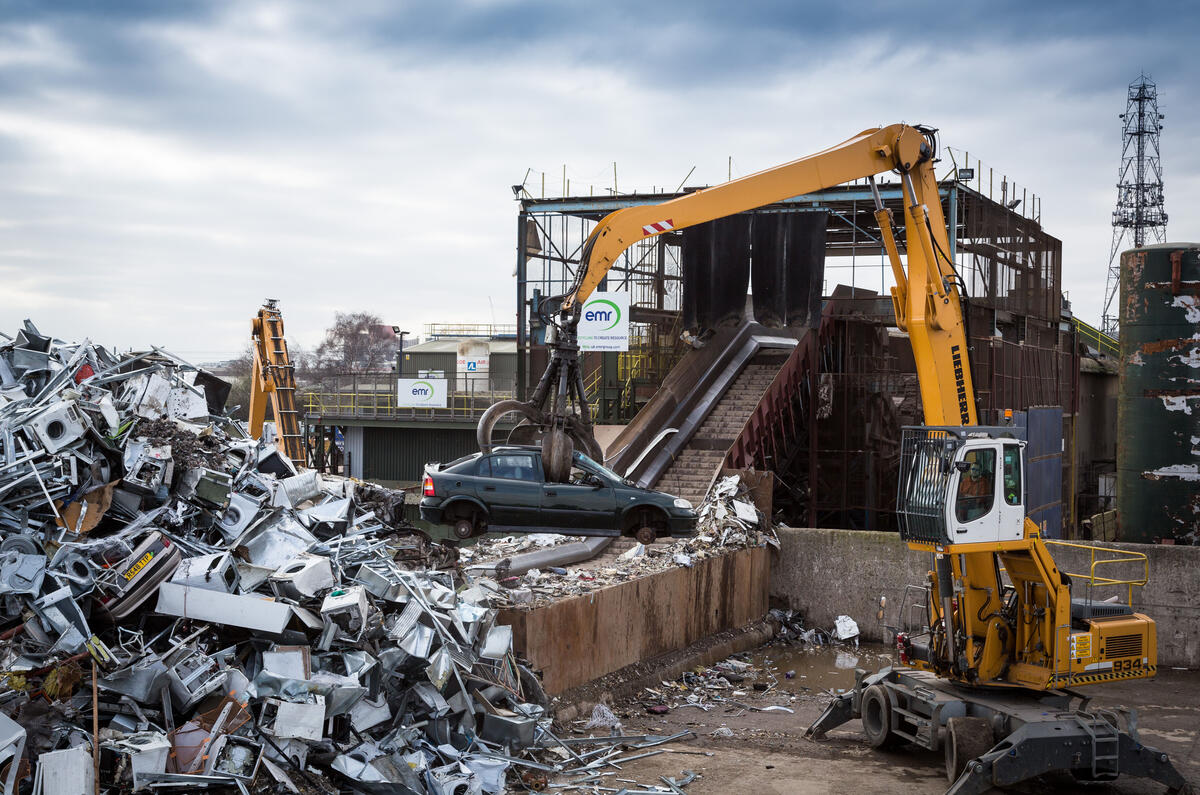
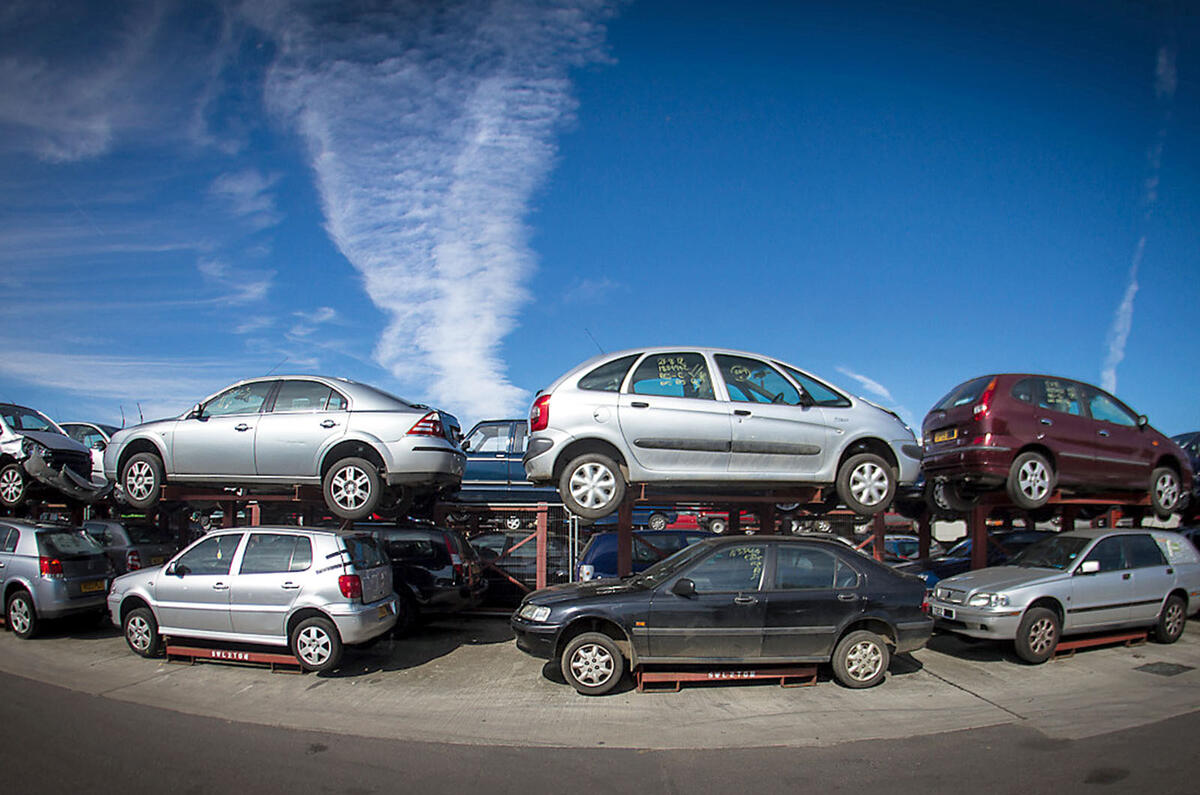
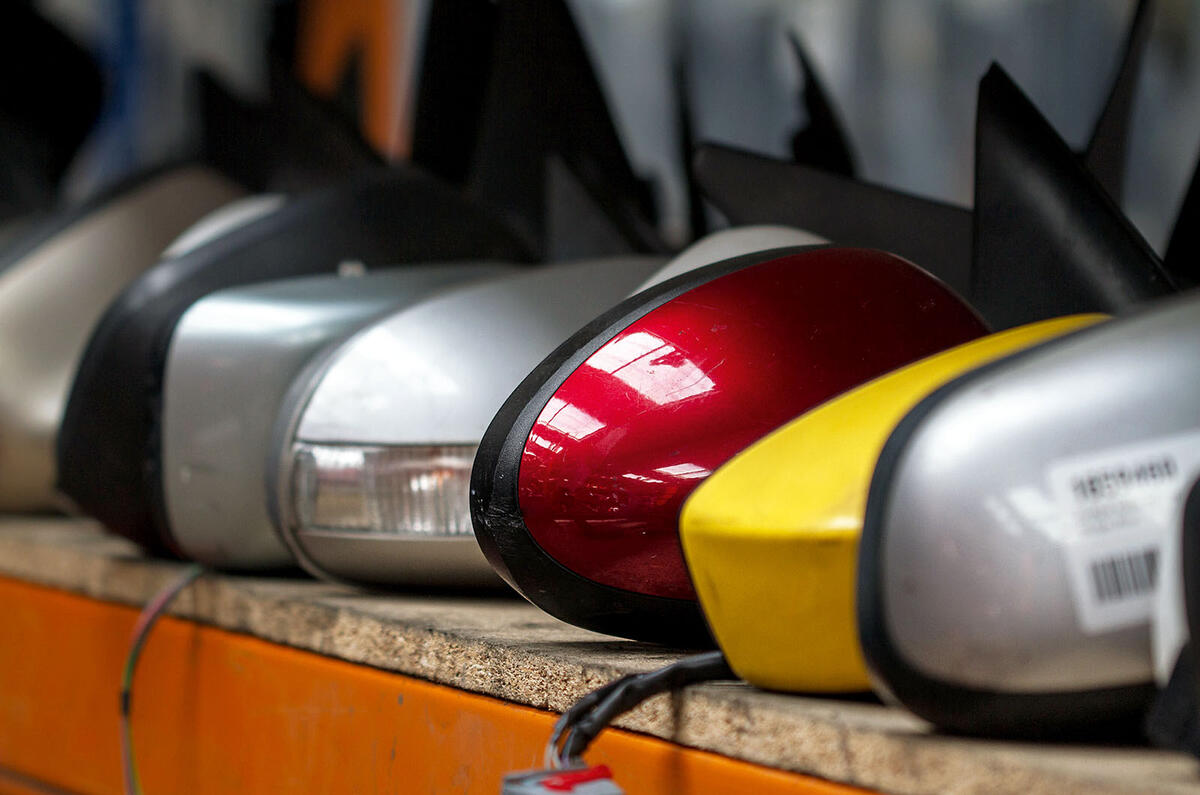
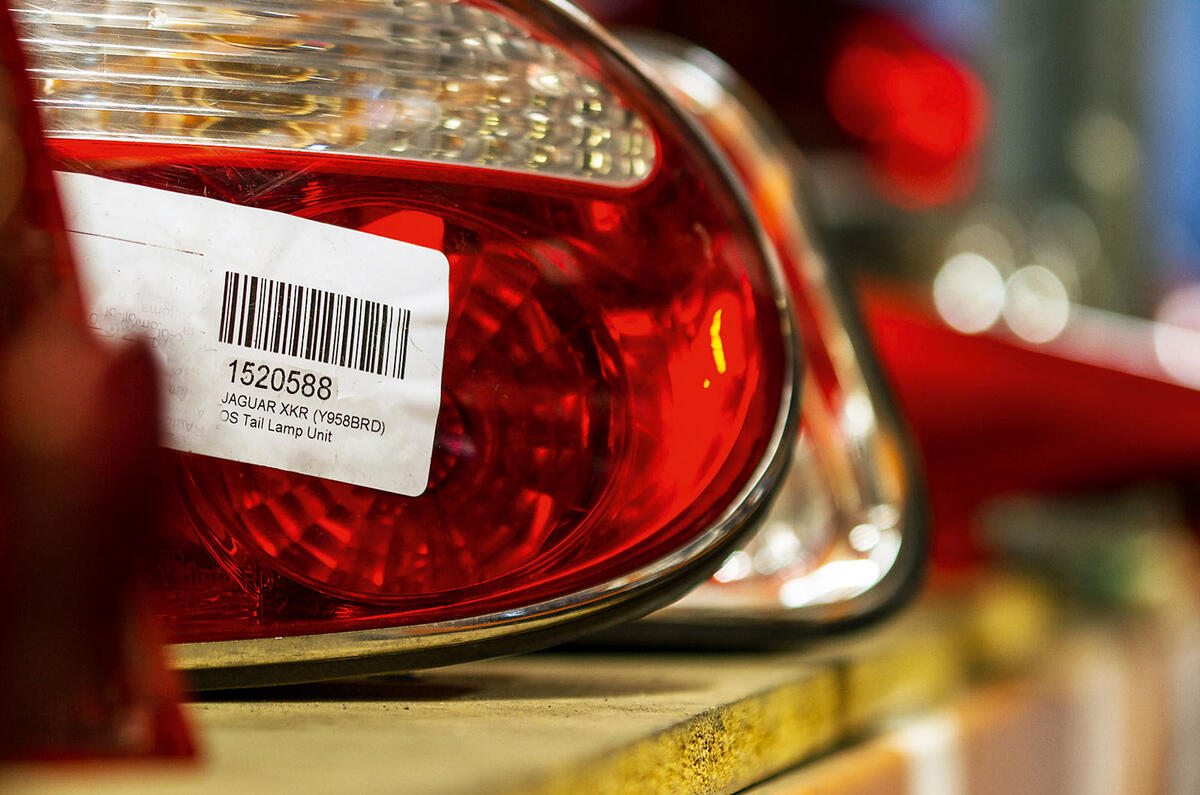
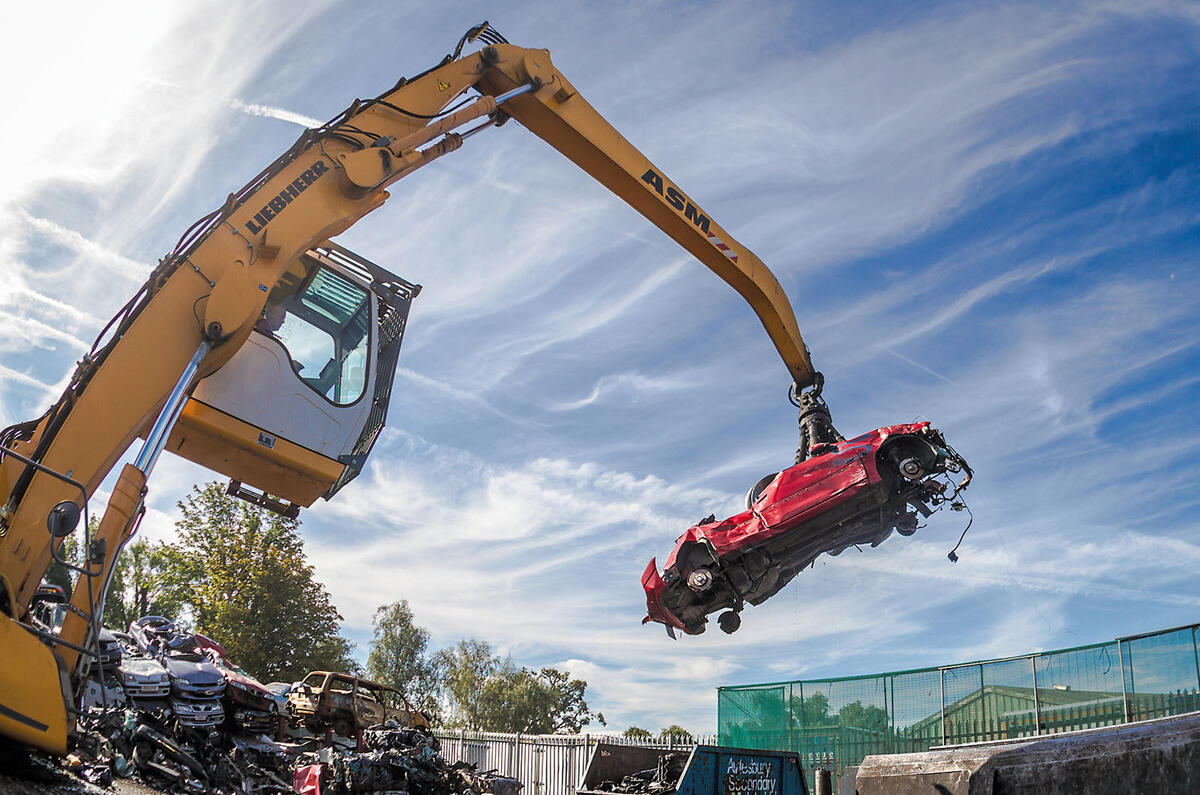
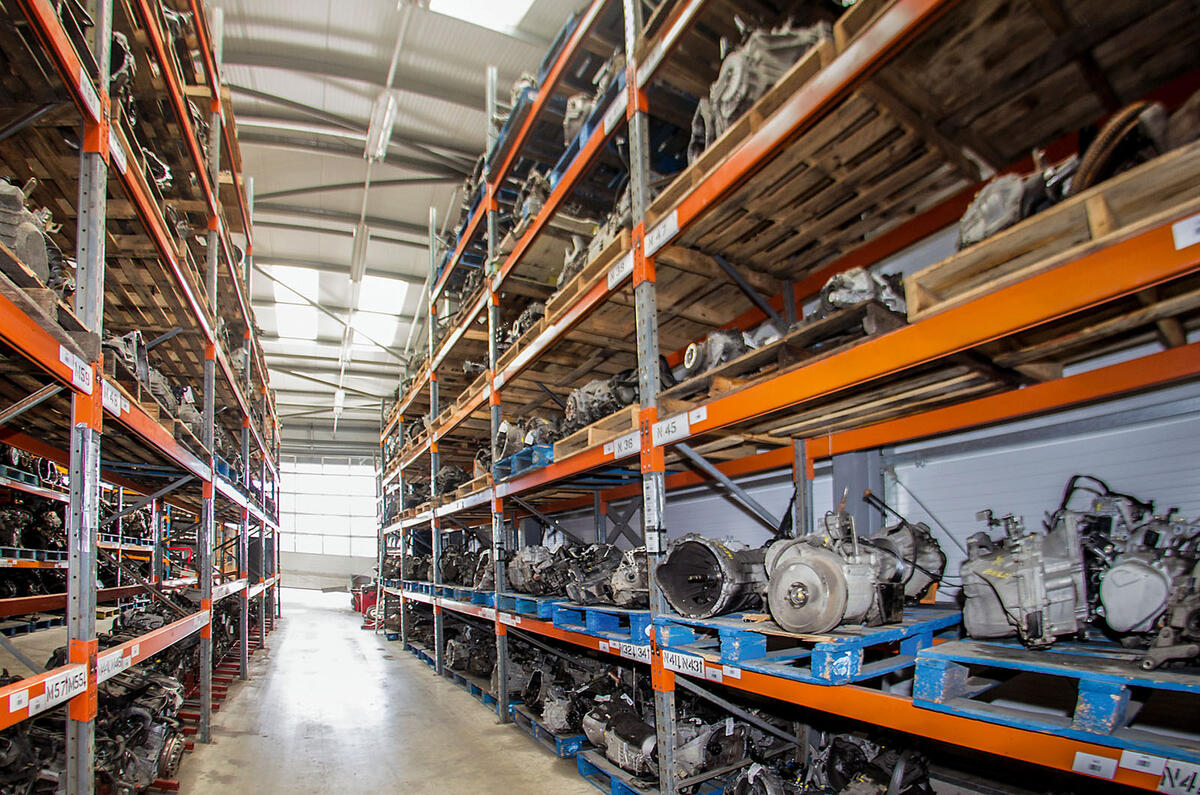
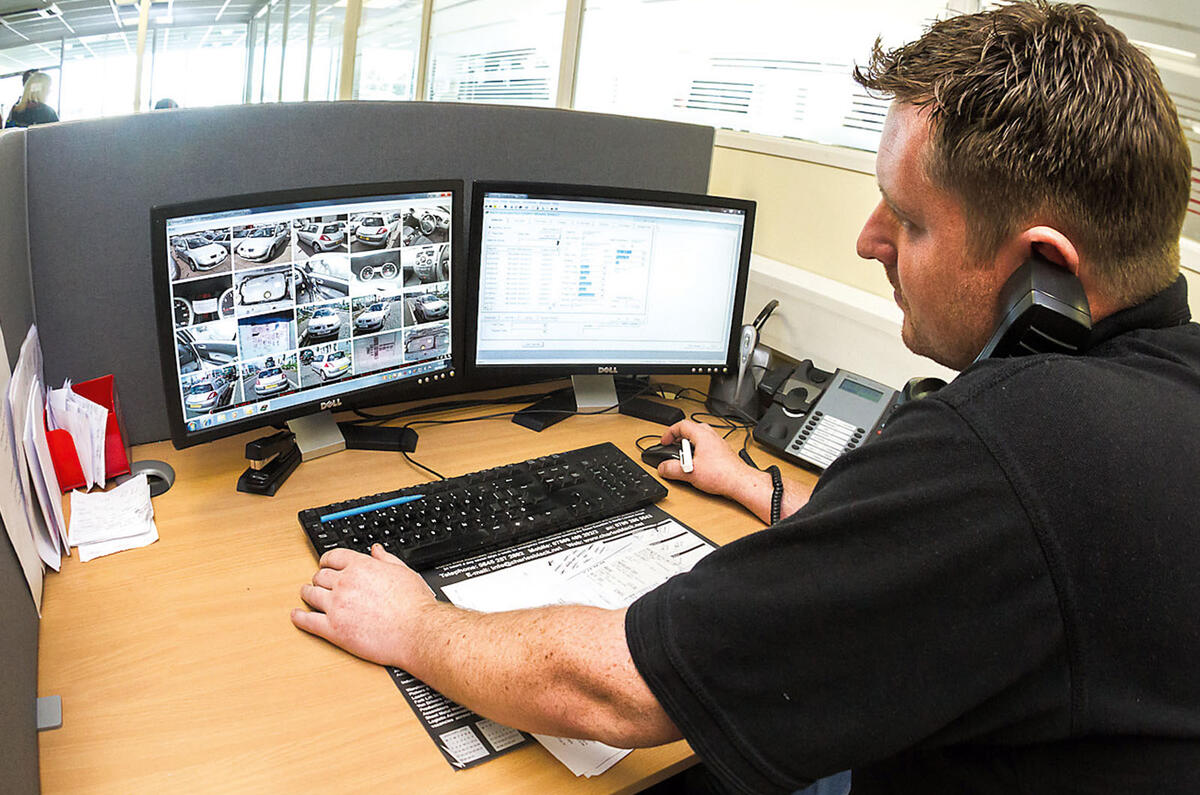
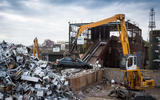
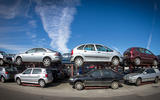
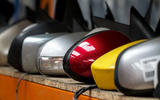
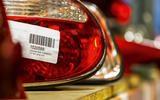
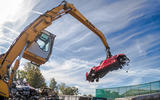
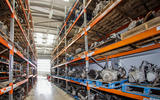




Join the debate
Add your comment
This insightful blog on car recycling sheds light on the intricate process post-disposal. It highlights the role of recycling giants like EMR, emphasizes the automotive industry's sustainability efforts, and acknowledges the challenges in plastic recycling. Truly informative.
A bit more background...
K12479 - Current price for a baled car is less than £60/tonne. Keep in mind the car has to be recovered the majority of the time, and that labour and equipment need to be paid for to process it - it's not possible to make money out of only the scrap metals in a car at the moment - hence the comment that "we even have to buy the scrap cars". Chinese demand for steel and over-production has killed the metals markets for now. Think of it more as a service to dispose of your scrap car for the moment until the metal markets recover, and then local competition ensures customer get paid a market rate for the scrap value.
Competition from the illegal Ebay breakers is a real issue. Rightly there are licensing systems for all the waste and pollution streams for legal operators, but the Ebay cheapies don't follow this - where do they dispose of the engine oil, coolant, air con gas, etc? So when you buy from Ebay for less consider that the oil disappears down the drain into our rivers, food chain, etc. The air con gas is let out and blows a hole in the ozone layer, the coolant is put into the rivers and poisons us. Check the volume of sales an operator has on Ebay, if it's low then consider them an illegal operator and work with your own personal morals to decide if this is acceptable. Also on Ebay you can be directed to the sellers website - that'll have confirmation of their license.
Used parts are less than half new price and mostly considerably lower than this. It's proper recycling, and often keeps a car that would otherwise be scrapped on the road (or even a classic car where parts can't be obtained now).
PS - Not all Yards have Alsatians, but we did have once... Technology has moved onto alarms and CCTV to augment or replace the traditional dog. Unfortunately metals are still a target for the criminal minority.
"We even have to buy the